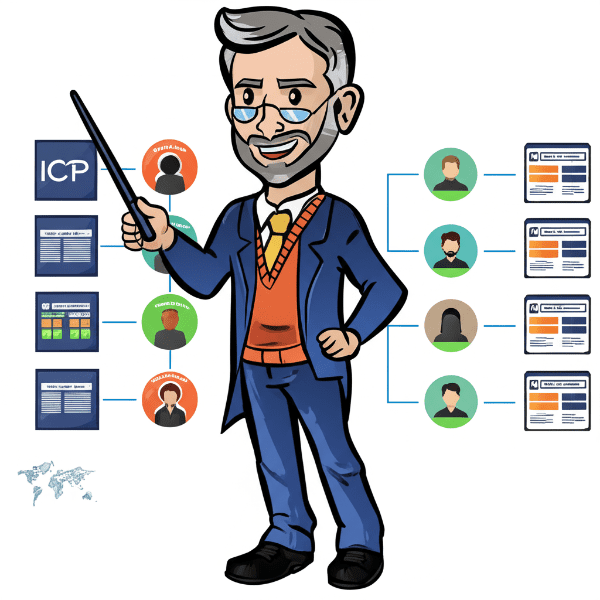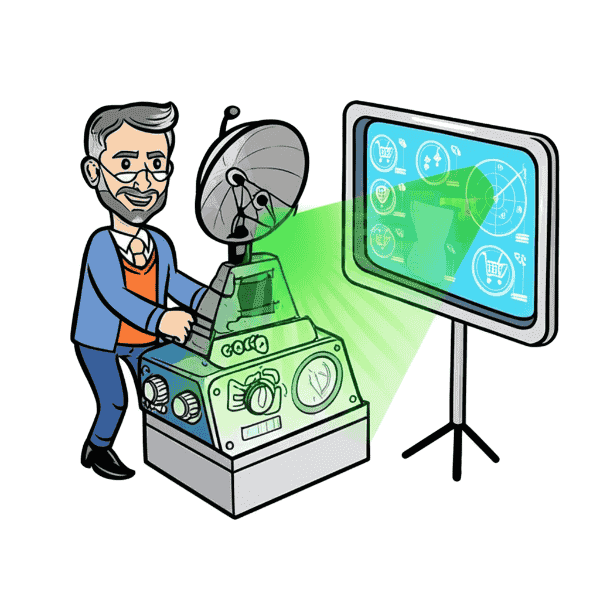Definition: Information overload happens when a person is exposed to more information than they can process effectively. In today’s digital world, this often comes from constant emails, notifications, social media, and online content. Too much information at once can reduce decision-making quality, increase stress, and lower productivity.
Example in a Sentence: The manager struggled with information overload from endless reports and emails, which made it harder to focus on key tasks.
Why Information Overload is Important
1. Affects Decision-Making
When people face too much information, they can’t separate what’s relevant from what’s not—leading to poor decisions.
2. Reduces Productivity
Information overload overwhelms focus and slows down how quickly people can complete tasks.

3. Impacts Mental Health
Constant exposure to information creates stress, anxiety, and burnout in both personal and professional settings.
4. Challenges Businesses
Organisations must find ways to filter, prioritise, and manage data to avoid overwhelming teams and customers.
From Too Much to Just Enough
Information overload is a modern challenge, but by organising, filtering, and presenting data clearly, businesses and individuals can reduce stress and improve outcomes.
More Definitions
- Ad Creative: The visual and messaging elements used in an advertisement to attract and engage audiences.
- Ad Fatigue: When ads lose effectiveness because audiences have seen them too often.
- Adaptive Marketing: Adjusting strategies in real time based on customer behaviour and market shifts.
- Client Acquisition: The process of gaining new customers through marketing and sales efforts.
- Closing Rate: The percentage of sales opportunities that successfully convert into customers.
Useful Posts
- The Marketing Funnel: Stages, Strategies, & How to Optimize: A guide to understanding each stage of the customer journey, applying effective tactics, and improving funnel performance for higher conversions.






















